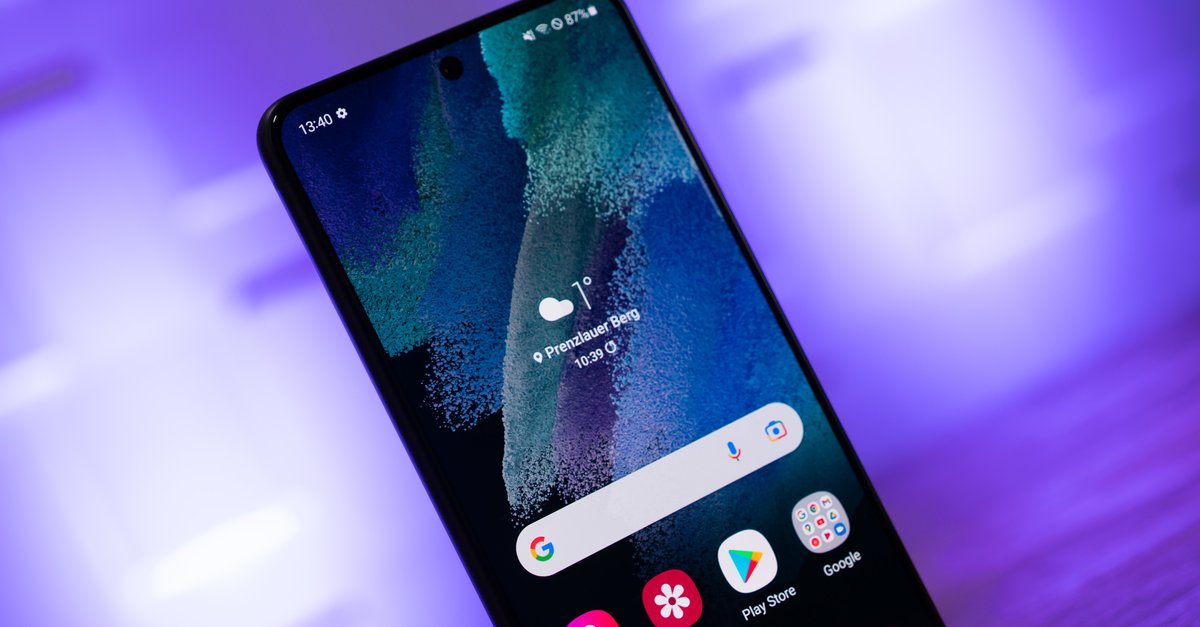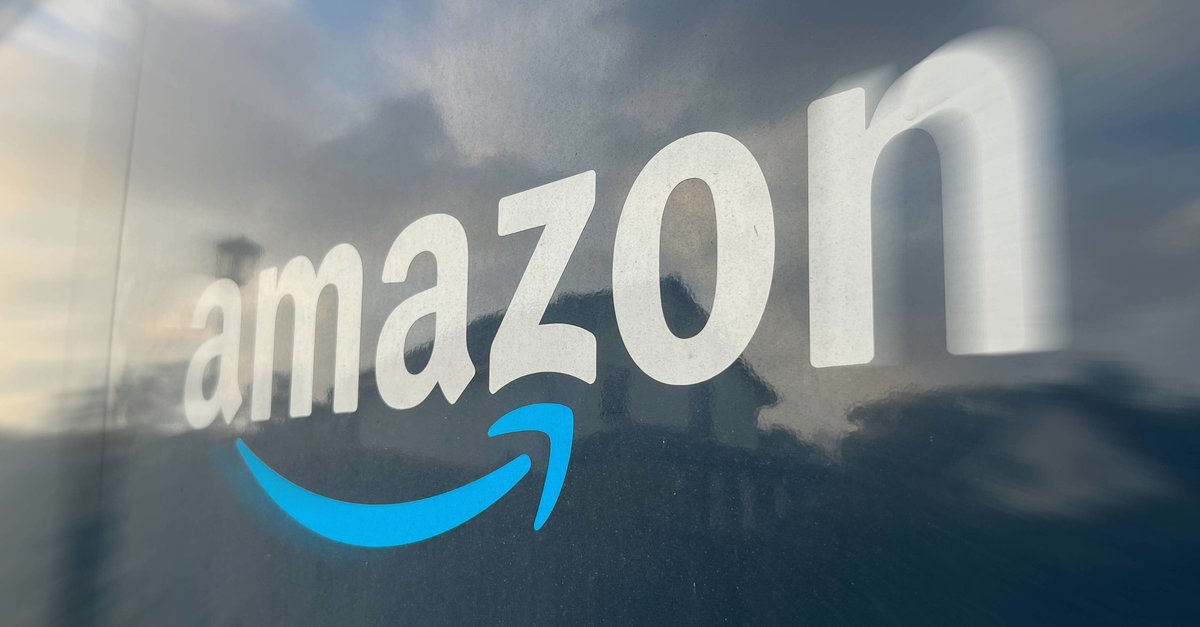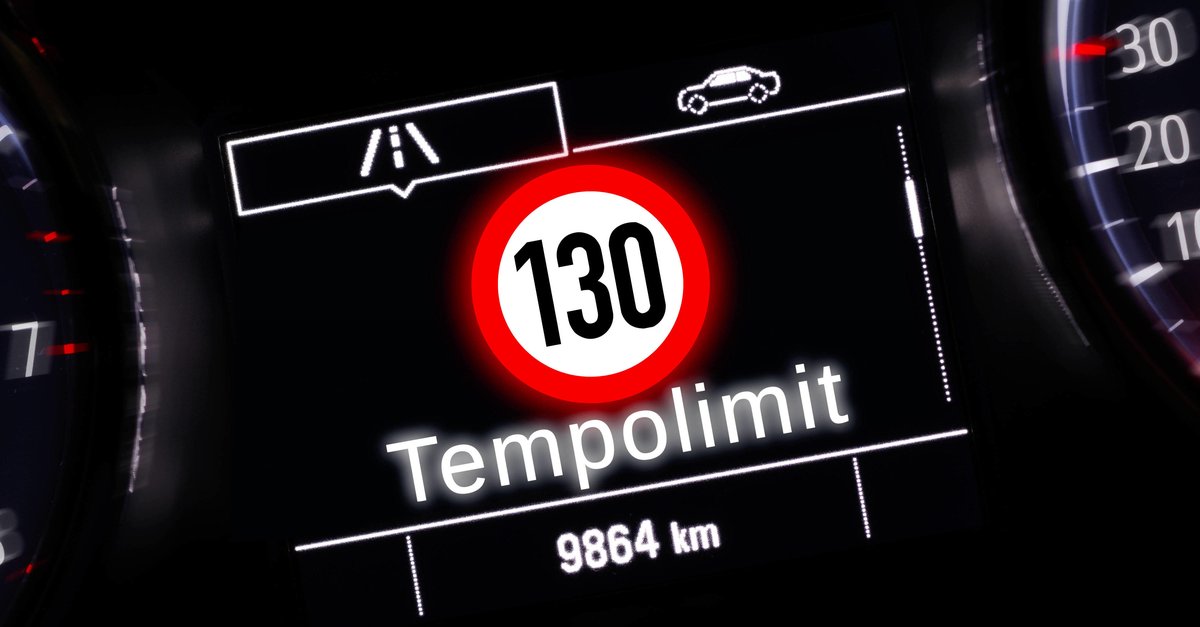TikTok and Facebook allow advertising with false information
In the United States, the midterm elections for the US Congress are imminent. Therefore, the machinery of election advertising in the social networks is running at full speed. But this often contains false information, especially on TikTok and Facebook.
Election advertising on social networks is one such thing. Because theoretically, the platforms would have to check them meticulously before publication. Still, election advertising – especially in the US – has a tremendous history of misinformation.
And apparently that hasn’t changed yet. Come to the conclusion an investigation by the NGO Global Witness and the Cybersecurity for Democracy (C4D) team at New York University.
While “TikTok and Facebook fail to expose election disinformation in the US”, YouTube is “successful” in combating misinformation.
Contents
About the investigation
After misinformation dominated the US elections in 2020, there are “widespread fears” that masses of such content will reappear in the upcoming election.
That’s why the research was designed to show how “three of the most widely used social media platforms in the United States” deal with misinformation ahead of the US midterm elections.
The tested advertising content contained, among other things, completely wrong information – such as an incorrect date for election day. Information was also included “aimed at discrediting the electoral process and thus undermining the integrity of the elections”.
All of the ads we submit violate Meta, TikTok, and Google’s election advertising policies.
Global Witness and C4D conducted their research using both English and Spanish language content. The ads placed were not marked as political.
Here’s how TikTok and Facebook fared
The scientists provided all three platforms with identical ads in their study. These were based, among other things, on examples from the Electoral Commission FEC and the Cybersecurity and Infrastructure Security Agency.
TikTok and Facebook as well as YouTube were each confronted with ten ads in English and ten in Spanish. Half of them contained false information about the election, while the other half aimed to delegitimize the election process.
Global Witness and C4D submitted the ads in five particularly competitive states: Arizona, Colorado, Georgia, North Carolina and Pennsylvania.
After the platforms let us know if the ads were accepted, we deleted them so they wouldn’t be published.
TikTok did the worst in the study. The platform accepted 90 percent of the ads with false or misleading election information.
Facebook was “only partially successful” in detecting and removing false election ads. YouTube, on the other hand, was able to discover the ads and block the corresponding channels behind them.
That’s what TikTok and Facebook say about the allegations
While Google did not provide the scientists with an opinion, TikTok and Facebook commented on the results.
A TikTok spokesperson said, “TikTok is a place for authentic and fun content, which is why we are banning and removing election misinformation and paid political advertising from our platform.”
The company appreciates the feedback from this study. This helps to “continuously improve processes and guidelines”.
Meta criticized the “very small sample of ads” in the study. This is not representative, considering the large number of political advertisements that the group checks every day worldwide.
Apparently different rules apply in Brazil
During the presidential campaign in Brazil in August, however, these results looked very different. Again, Global Witness had conducted a similar investigation.
Facebook approved all of the submitted ads with misinformation about the election here. After the group was confronted with the results, between 20 and 50 percent of the incorrect ads still got through.
And YouTube didn’t show the same side in Brazil as it did in the USA. Because the Google subsidiary also approved 100 percent of the fake ads submitted.
This shows the big difference in enforcement efforts in high-profile national elections: in the US, all of our disinformation ads were rejected, while in Brazil they were approved, even though the electoral disinformation was very similar and the investigations took place at the same time.
Also interesting:



